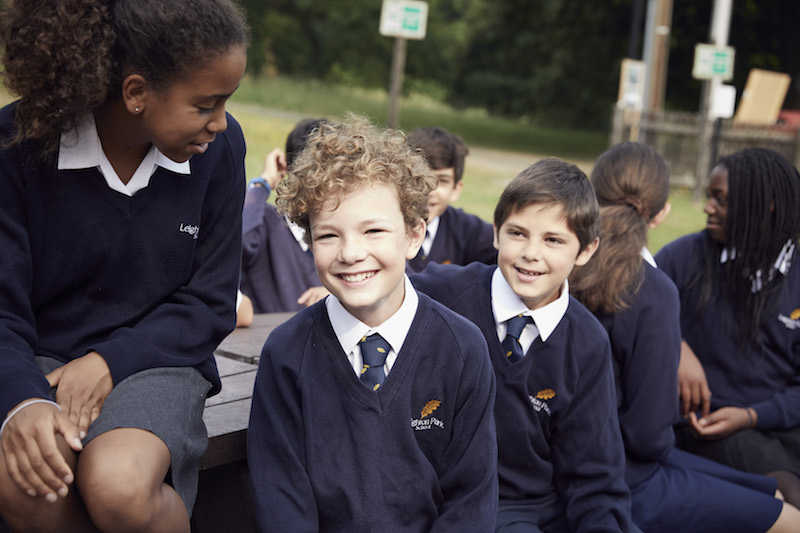How to choose a secondary school
Posted on 29th Nov 2017 in Choosing a school, Independent Schools, Independent Education, Which School?
Nigel Williams, Head of Leighton Park School, asks you to consider what you really want for your children...
The days of knowing, from the moment your children are born, which schools they are likely to attend have, for the great majority of us, long gone. Since the beginning of the 21st century the vast array of different options and choice has made parenting even more difficult and even more stressful, especially when it comes to choosing a secondary school. Sometimes the postcode lottery will mean that choosing where to live will be a direct consequence of deciding which school you want your child to attend. If you don’t want to move house, parents looking for a day place should not rule out boarding as there is so much more flexibility on offer now with weekly and occasional boarding options gaining in popularity.
There are so many factors to consider but ultimately what should matter most is whether a school will reflect the educational philosophy that most appeals to you? Information is available in inspection reports, which can be very helpful. But perhaps more insightful, is talking to parents of students already attending the schools you are considering; they are usually more than willing to share their experiences. Sometimes you will be surprised by the findings of your research and may even alter your preconceptions.
The desire for academic success is a given and all schools will do their best to develop the academic potential of the children. That criteria does not therefore do much to help the decision making process, particularly with the tricky and misleading league tables to wade through. Arguably of more importance is the approach that a school uses to achieve academic success. From an academic ‘hot house’ at one end of the spectrum to a school that inspires a lifelong love of learning and treats each student as an individual at the other end. The debates will continue to rage over academic performance in single sex schools, but the social advantages and life lessons of living and learning with both sexes, as we all do throughout the rest of our lives, must also be considered. It is worth asking in which academic areas the school excels to enable you to match with your child’s academic strengths.
Similarly the school’s co-curricular programme should offer a breadth and depth of activities that match your child’s interests. Does the range of clubs seem dominated by music, sport, art, drama or technology? You might consider a leaning in one direction to be positive if your child is especially gifted in one area, or you may prefer a wider range of opportunities that allow your child to develop new skills such film making or the Duke of Edinburgh Award scheme.
Pastoral and welfare care has become of vital importance. There has been a massive increase in the number of mental health issues affecting young people as they learn to deal with the pressures of the digital age. To achieve happiness, success and progress the child needs to feel safe and secure in a school that regards their well-being of central importance. Does it provide wraparound care for all pupils, with early arrival provision and late stay? With both parents working, this flexibility can be a very important consideration; children sense when their parents are stressed and it can affect their wellbeing and success.
The real question is; what do we really want for our children? We want them to be happy, successful, comfortable in their own skin and comfortable in the company of others. We have a vision for our children; to see them laugh through life, to be successful in their chosen and considered careers, to realise their potential and to be surrounded by friends in their busy and caring social lives. Choosing the secondary school to realise this vision is a key decision.
One of the biggest decisions to be made is how confident are we that the school we choose will meet the individual needs of our child. Ultimately, the journey of discovery should enable parents to shortlist two or three schools. Entering a child for nine or ten entrance tests certainly keeps options open but puts huge pressure on the child. Parents know their own children and know what will be in their best interests. It is an important part of the selection process for parents to be strong and be prepared to make key decisions, even in the face of ‘pester power’.
Choosing a secondary school today is not just about teaching and learning, it is about preparing your child for life in an ever changing environment. Matching the right school to the right child has never been more important.
Nigel Williams is Head of Leighton Park School in Berkshire, a co-ed day and boarding senior school grounded in the Quaker testimonies of truth, integrity, simplicity, peace, equality, sustainability and respect.